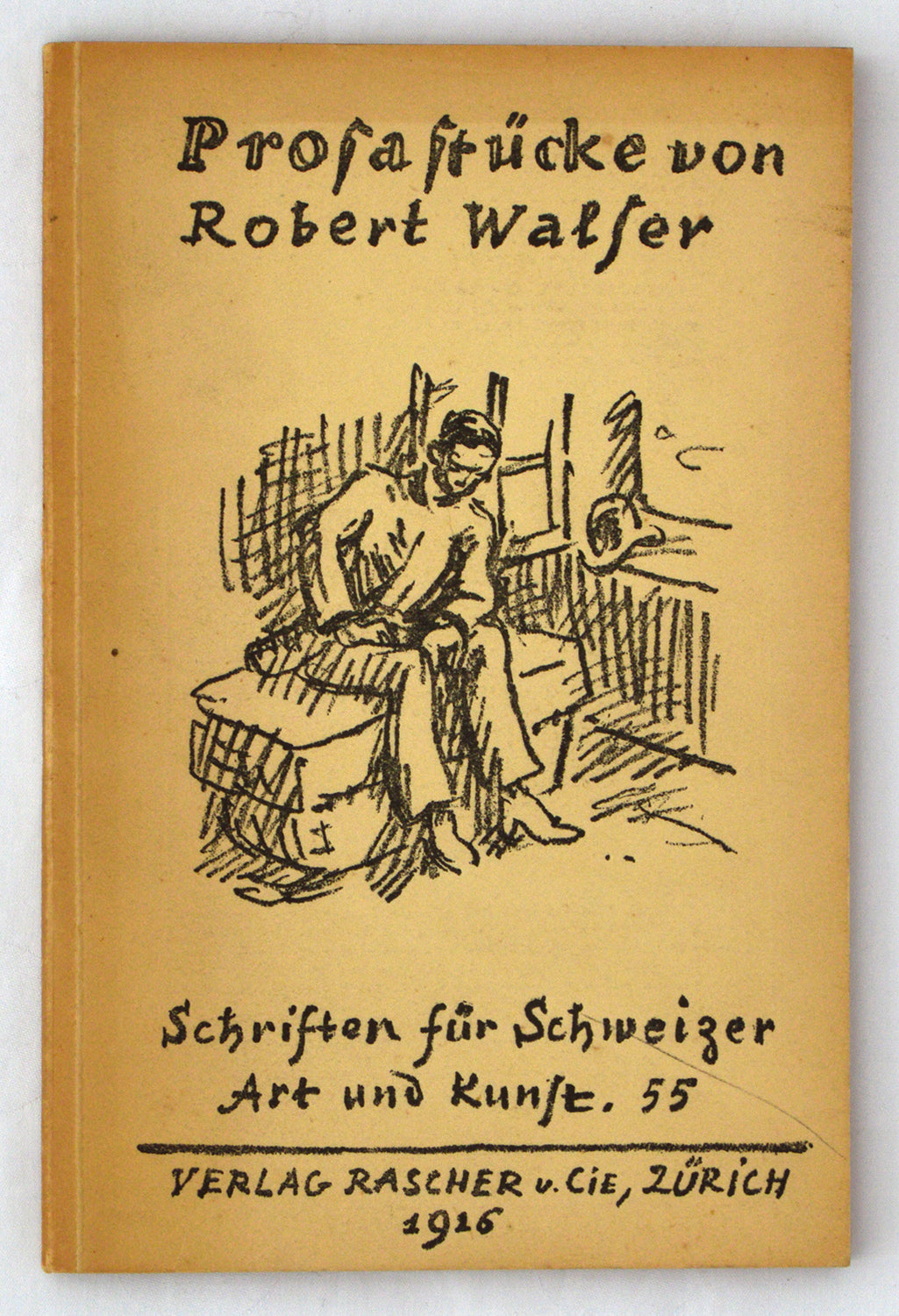Minor Canon
Robert Walser hat
Couldn't load pickup availability
Robert Walser (1878–1956) was a German-speaking Swiss writer.
Walser was admired early on by Kafka and writers such as Hermann Hesse, Stefan Zweig, and Walter Benjamin, and was in fact better known during his lifetime than Kafka or Benjamin were known in theirs. Nevertheless, Walser was never able to support himself based on the meagre income he made from his writings, and he worked as a copyist, an inventor's assistant, a butler, and in various other low-paying trades. Despite marginal early success in his literary career, the popularity of his work gradually diminished over the second and third decades of the 20th century, making it increasingly difficult for him to support himself through writing. He eventually suffered a nervous breakdown and spent the remainder of his life in sanatoriums, taking frequent long walks (a topic that arises often in his writing).
Today, Walser's texts are regarded as among the most important writings of literary modernism. In his writing, he made use of elements of Swiss German in a charming and original manner, while very personal observations are interwoven with texts about texts; that is, with contemplations and variations of other literary works, in which Walser often mixes pulp fiction with high literature. His voice is notable for its almost preternatural innocence and otherworldliness.
A revival of interest in his work arose when, in the late 20th century and early 2000s, his writings from the Pencil Zone, also known as Bleistiftgebiet or "the Microscripts," which had been written in a coded, microscopically tiny hand on scraps of paper collected while in a Waldau sanatorium, were finally deciphered, translated, and published.
The design for this hat is inspired by the 1917 German-language Swiss edition of his Prosastücke (Prose Pieces).
• 100% chino cotton twill
• Unstructured, 6-panel, low-profile
• 6 embroidered eyelets
• 3 ⅛” (7.6 cm) crown
• Adjustable strap with antique buckle
• Blank product sourced from Vietnam or Bangladesh





